On Wednesday, the City Council approved $57.2 million in settlements for police misconduct, including the largest such settlement in Chicago’s history: $45 million for the maiming of Nathen Jones. Jones, who is now eighteen, suffered a traumatic brain injury in a 2021 police chase while sitting in the backseat of a vehicle that ran a stop sign. The officer, Jhonathan Perez, later testified that the chase, which reached speeds of sixty-seven miles per hour, was prohibited under a 2020 CPD vehicle-pursuit policy forbidding officers initiating a chase for minor traffic violations, according to the Tribune.
Following the crash, Jones spent a year in rehabilitation. He is paralyzed, left unable to walk, speak, or feed himself, and requires constant care. Jones’ family filed a lawsuit with Cook County that named Perez and the fleeing car’s driver, Khalil Raggs, responsible for Jones’ injury. Raggs was sentenced in 2022 to three years in prison for charges related to the crash and a gun he was in possession of in the vehicle. Perez is still an active member of CPD.
WGN reported that attorneys in the Law Department estimate a liable judgment would likely be upwards of $100 million for pain and suffering plus loss of normal life. The $45 million settlement, approved by the finance committee on Monday, includes $25 million paid by the city’s insurance and $20 million by the city.
In total, the City Council voted 33-15 to award $57.2 million in police misconduct settlements. The family of Roshad McIntosh, who was killed by a CPD officer in 2014, was approved to receive a settlement of $2.25 million. The next settlement approved was for $5.5 million awarded to Ricardo Rodriguez, who sued CPD detective Reynaldo Guevara for allegedly framing him in a 1995 Belmont Cragin shooting.
“One of the things that Superintendent Snelling and I talk about regularly is the type of training that we have to make available for officers who are coming into the force,” Mayor Brandon Johnson said at a press conference after the City Council meeting. Asked by the Weekly for more specifics about what the training entails, Johnson responded, “It’s everything from responding to crises to responding to outbreaks or when people are demonstrating.” The mayor emphasized the importance of cultural competency to prevent future tragedies but did not elaborate on the specifics of the training.
During the meeting, the City Council also approved several appointments, including that of Adrienne Johnson to serve on the First Police District Council (PDC). That district, which includes downtown’s central business district and the South Loop, has had only two of its three seats filled since May of last year, when district council members were sworn in. In November, Johnson rejected the nomination of Marcell Bright to the seat.
Like many district councilors, Adrienne Johnson, a resident of the 3rd Ward who has an extensive background in retail pharmacy administration, has not previously held public office. Her nomination was championed by Alderperson Pat Dowell, who attended a committee meeting on Monday to show her support and spoke about Johnson in glowing terms after Wednesday’s meeting.
“Adrienne has already demonstrated her love for the city of Chicago and her interests in public safety in the First District,” Dowell told the Weekly. “She believes in trying to create a better dialogue between the community and the police, and that’s the kind of candidate that I wanted to support, because it’s needed.”
The council also named retired CPD official Jose Tirado as executive director of the Office of Emergency Management and Communications, which operates the city’s 9-1-1 center and coordinates agency responses to crises. Elevate Chicago executive director Roberto Requejo was appointed to the Chicago Transit Authority Board.
In the press conference that followed the meeting, Johnson was repeatedly asked about Bring Chicago Home, a referendum on Tuesday’s primary ballot that, barring a surge in mail-in votes in favor of it, appears headed for defeat. Bring Chicago Home would increase the tax on real estate sales above $1 million dollars to fund homelessness initiatives while lowering it for sales below that amount. A coalition of organizers knocked doors for weeks in support of the referendum, while business interests fought to knock it off the ballot in court and, when that failed, spent nearly $1 million in ad buys opposing it. As of press time, with about 100,000 mail-in ballots yet to be counted, “no” votes were 53.6 percent of the results.
The mayor refused to concede that a defeat of the referendum is a sign the progressive movement in Chicago may be faltering.
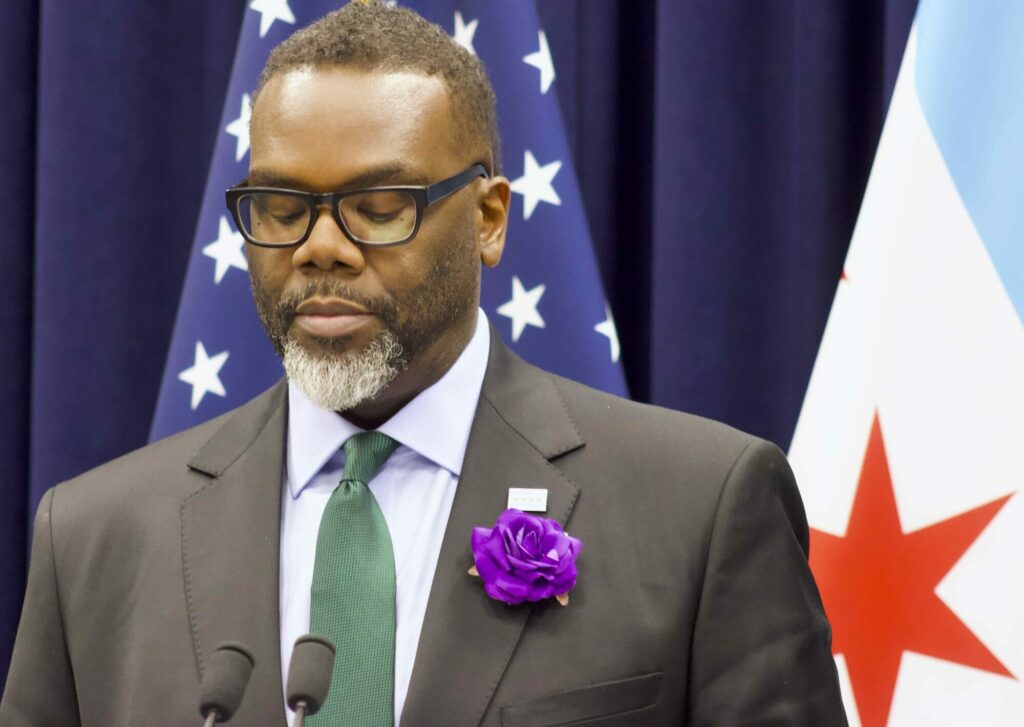
“People who either attack or critique from the sideline, individuals who have never participated…don’t know the difference between winning or being defeated, because they never participated,” Johnson said. “The organizing doesn’t pivot. The organizing gets stronger. Because the same organizing that had to deal with the loss of schools, housing, mental health clinics, jobs, it’s the same organizing that propelled me into this office. We get stronger, and whatever we didn’t get the first time, we’ll get even more the next time.”
Editor’s note: A previous version of this story incorrectly identified Khalil Raggs as a police officer. He is not. The Weekly regrets the error.
Jim Daley contributed reporting to this story.
Michael Liptrot is a staff writer for the Weekly and the Hyde Park Herald.

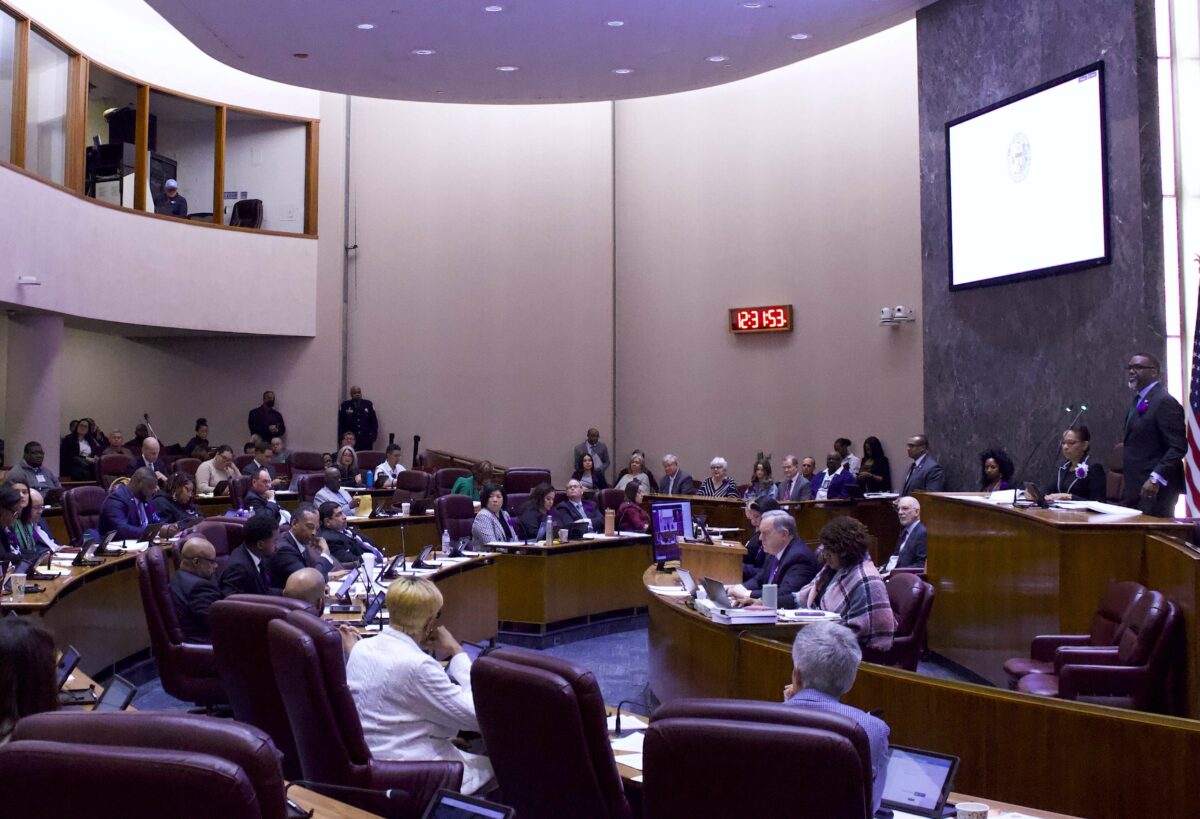
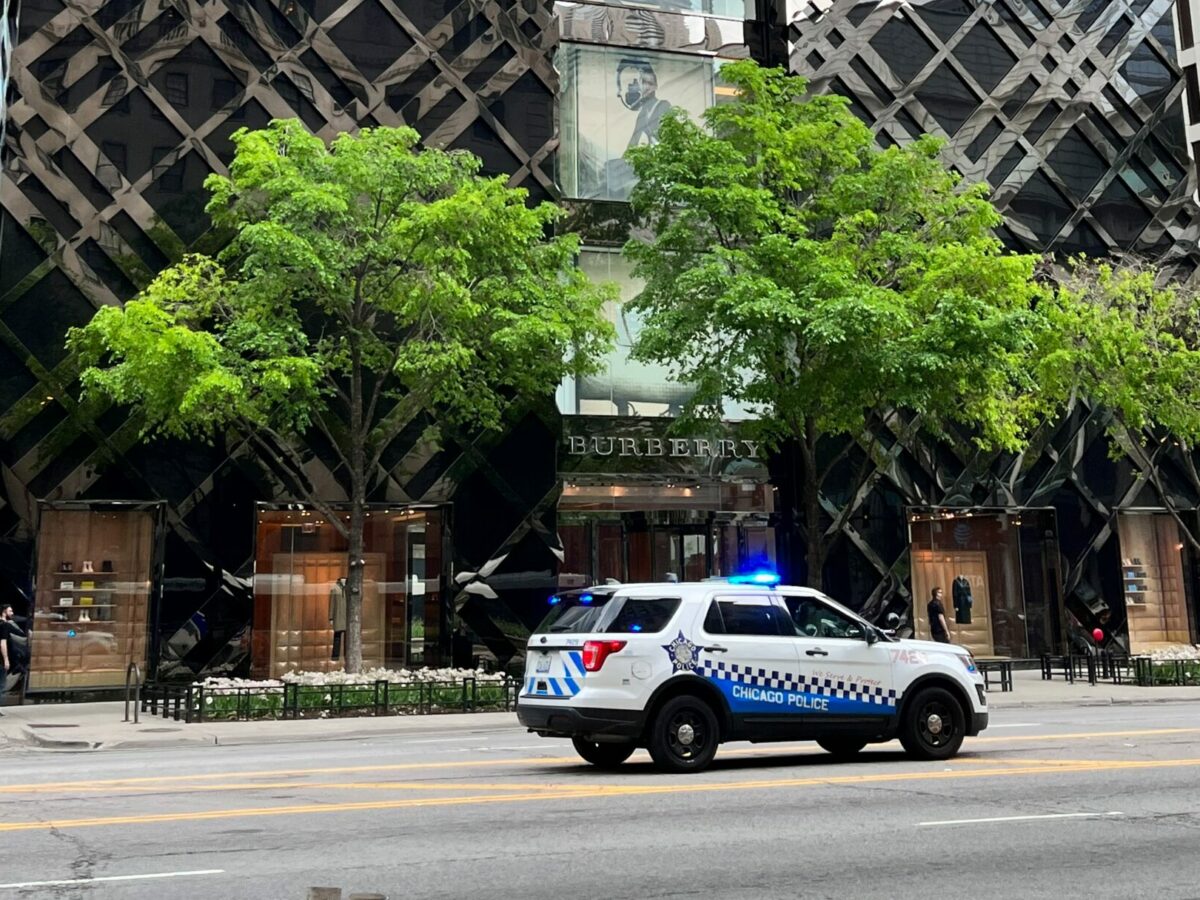
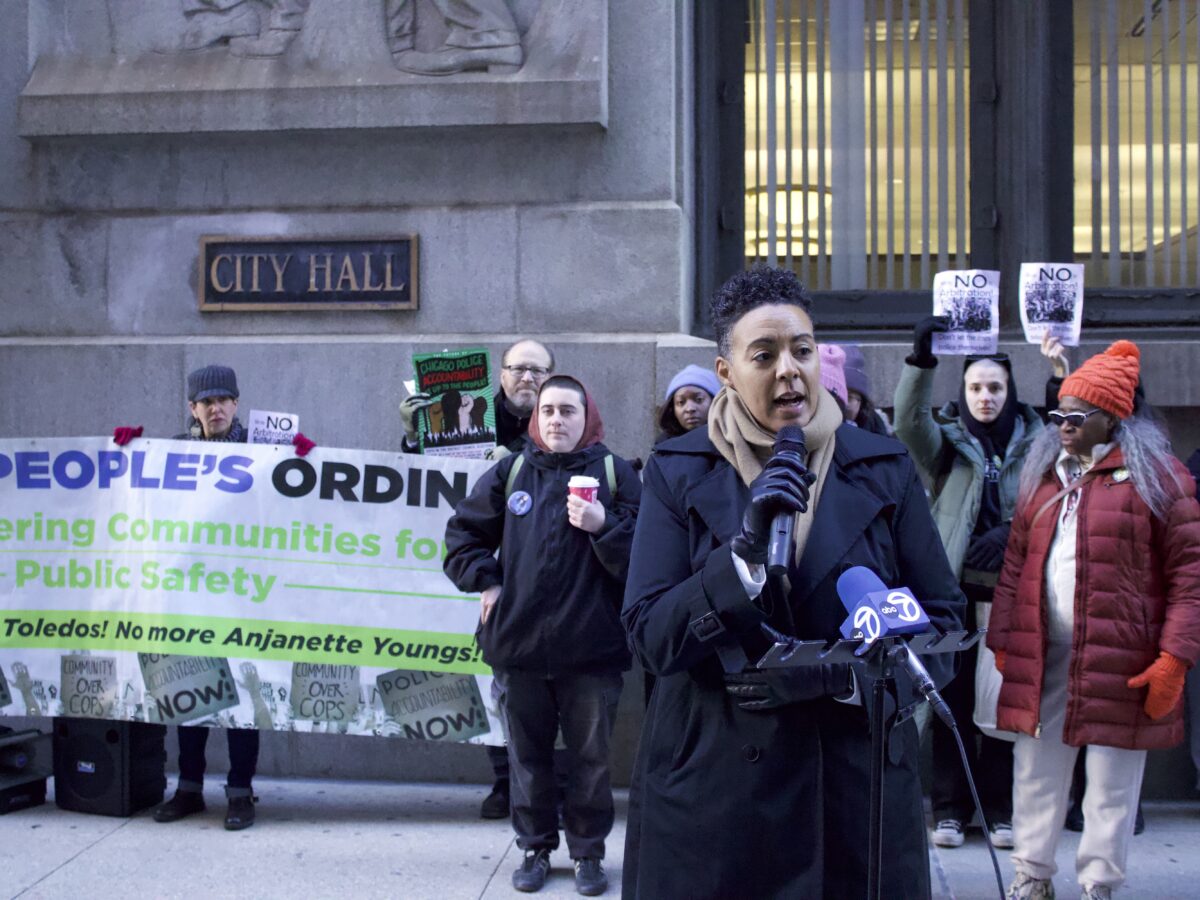
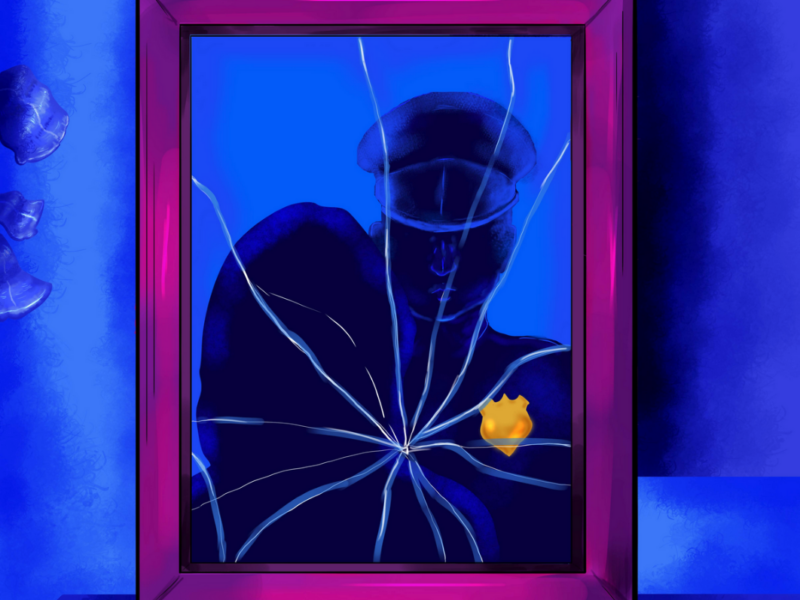
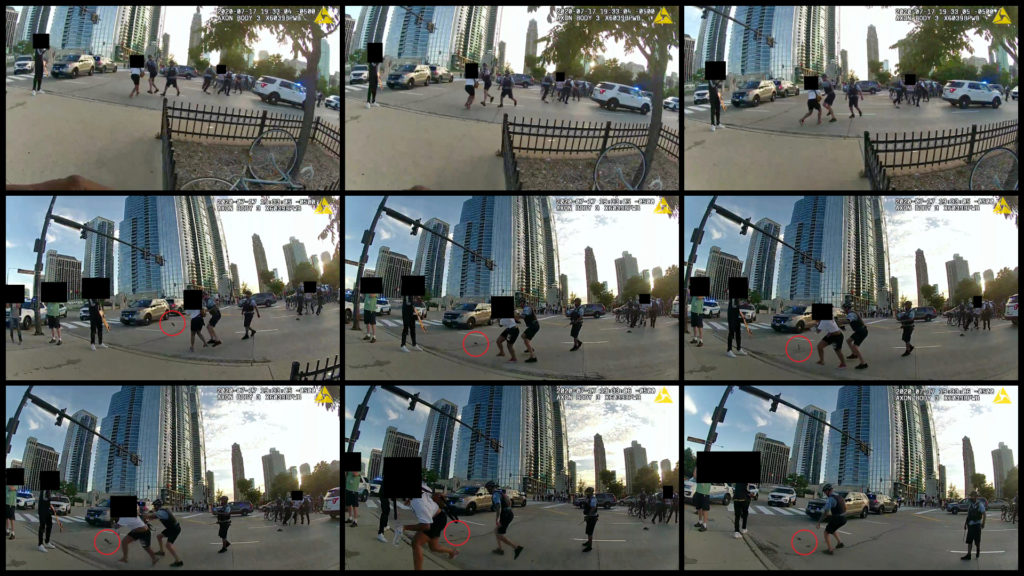
At the very least officer Perez should be ordered fired by our city council. I haven’t felt represented in city government since the 1rst ward was dropped on top of me at the whim of the real estate industry that has raised my assessment to $1.2M and my property tax to $17K and increase of 14% a year, on average, for 44 years. The $45M settlement will come out of my property tax because my county tax bill said that the city gets $40B mostly going to the plan commission to give away in TIF gifts to developers, three of whom are commissioners, awarding their friends and themselves lots of our money.
Something is off. How does a police officer initiate a police chase when Raggs is the one who sped off. If a police officer is going 67 mph, that likely means the pursued was driving at a similar speed. Clearly, Raggs was the danger to public safety and had to be stopped quickly. Illinois law should be remanded to give more leniency to law enforcement officers.
If this is representation, then it’s worse